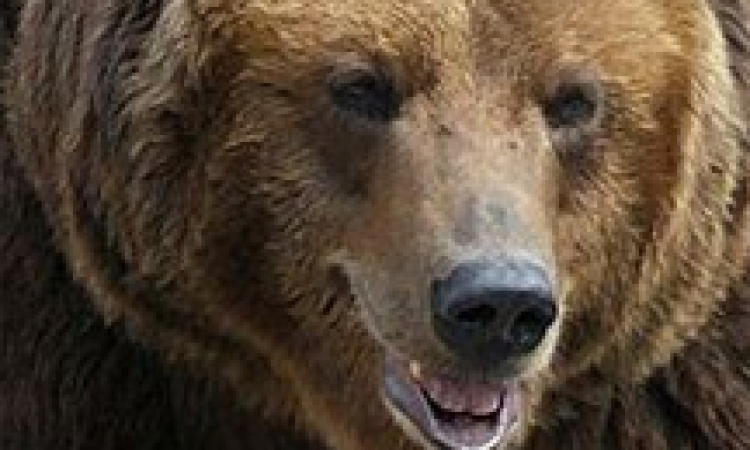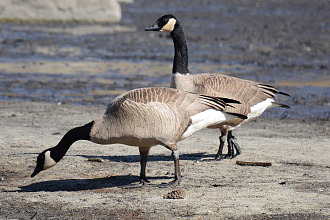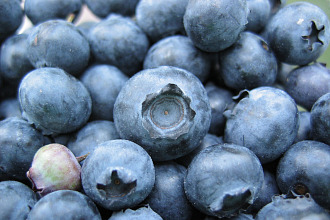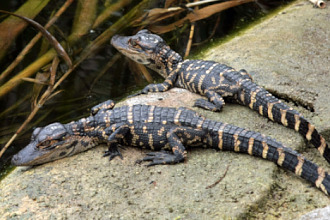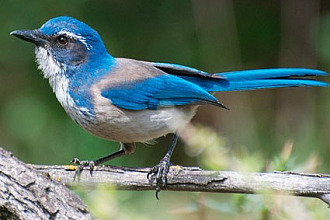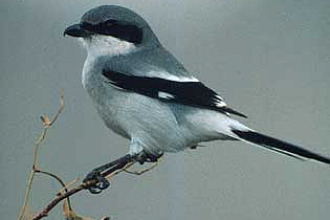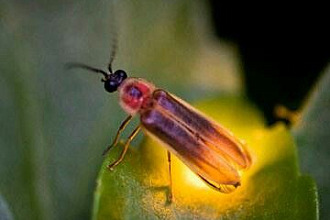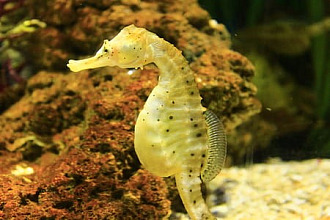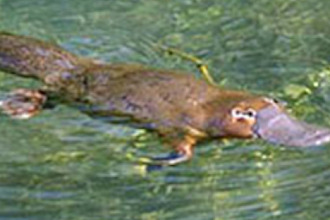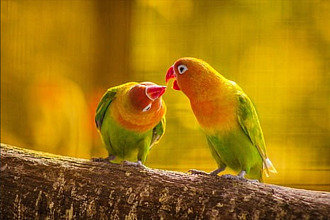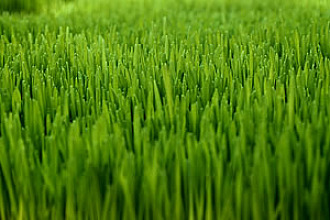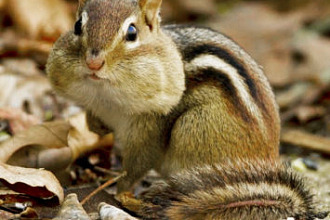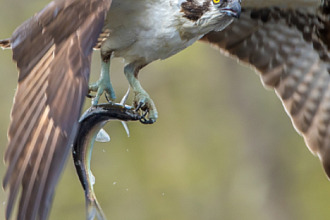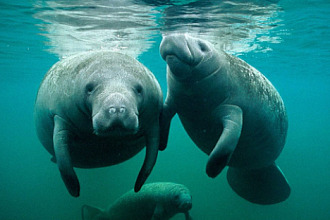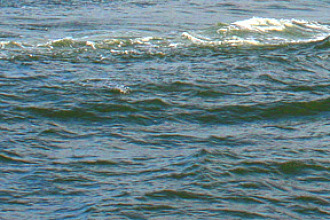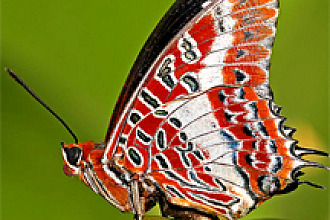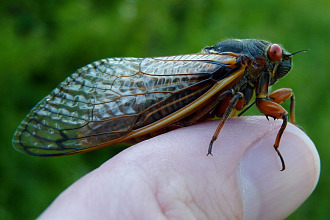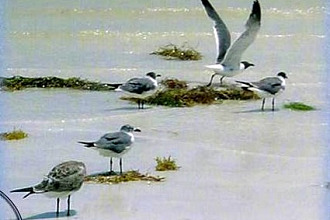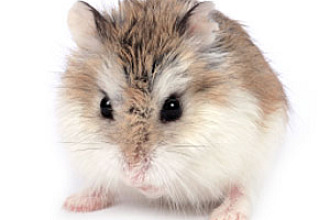For some of God's creatures it is definitely not by accident but rather part of God's design that they gain weight—rapidly! Take bears, for example. Some of the largest adult male brown bears have been found to weigh 1,500 pounds. Routinely a bear will gain 400 pounds each year between late spring and winter— and that is good! The huge layers of muscles in their body, especially noted in the heavy roll between their shoulders, are most useful in digging with their powerful forearms and non-retractable 6-inch-long claws. By winter both males and females will have dug out suitable dens or found caves in which they'll curl up for their winter snooze.
It's a not-by-accident God-given means of saving the life of animals that might otherwise die of starvation in the coldest climates. Now a bear spending the winter sleeping isn't sleeping like you and I do. No, everything slows down inside the bear. Its heart rate goes from 70 to 10 beats a minute! Its temperature lowers; its metabolic rate slows. Also, and not by accident, it is the only hibernating mammal whose elimination functions totally stop during its four-to-six-month yearly snooze. It has no need for either water or food during that entire time! (A bear's recycling of its urine during its hibernation is such an effective process that research scientists and physicians studying it have been able to learn ways to help some human patients with kidney failure!)
A mama bear, after mating around June, will carry her fertilized eggs floating free in her uterus for five or six months in what is called "delayed implantation." Months later the mama bear "dens" in hibernation, and her egg then attaches itself to the side of her uterus to begin its eight weeks of growth. Finally, in mid-winter, her babies are born—in the midst of their mother's winter snooze. A female bear weighs about half what the male bear weighs, but even then she can weigh over 500 pounds, so she really doesn't rouse for the birth of a less-than-one-pound baby! (A mama bear usually gives birth to two babies, but sometimes there'll be up to five in a litter.).
The little ones arrive toothless and hairless with their eyes sealed shut. Since mother bear is still asleep, no one is there to indicate to the babies what to do. But their Creator gave them, as He has most of nature's babies, the not-by-accident instinct to head for the nipples in their mama's warm body. Bear researchers believe the sleeping mother's milk glands are stimulated through the loud purring-like sounds made by the contented babies, securely snuggling up to her body. (The sound of their purring is often loud enough to be heard outside the den or cave, incidentally!). Within six months their weight will have increased to 15 or 20 pounds and they follow their mother out and about, learning what is nutritious—their diet is 90% plant-based. They learn how to obey and how to defend themselves—usually by climbing trees. (Their mother will fight fiercely for their safety—but instinctively knows their worst enemy is usually adult male bears.)
Finally, bears use all their God-given not-by-accident gifts—their ability to run (30-35 mph), their keen sense of smell, their hearing that far exceeds human frequency ranges and sensitivity, their communication skills that include grunts and clacks, moans and baby cries, blows and huffing, pouncing, slamming and rare throaty growls. These creatures have a variety of emotions as well as notable intelligence. They are good swimmers, too. They'll stand upright to test the wind and to see better—not in a gesture to attack. Those who study bears do not believe they are aggressive against humans—contrary to the bad press they have at times been given. Bears, then, leave us with the thought that one should not judge another simply because their presence is overpowering or unfamiliar. Given a chance, a bear may be one of our favorite playmates in God's new earth. On this earth, however, few people are going to take a chance with such a large and imposing creature! The Creator knew what He was doing, and we will, too, one day soon!
"NOT BY ACCIDENT" (c) Juanita Kretschmar is used by permission and was first published in newsletters about A Key Encounter, a Key West, FL, Creation-based, educational tourist attraction. Go to www.akeyencounter.org for additional information, To receive the free newsletter write: AKE, PO Box 177, Big Pine Key, FL 33043
Picture from here

